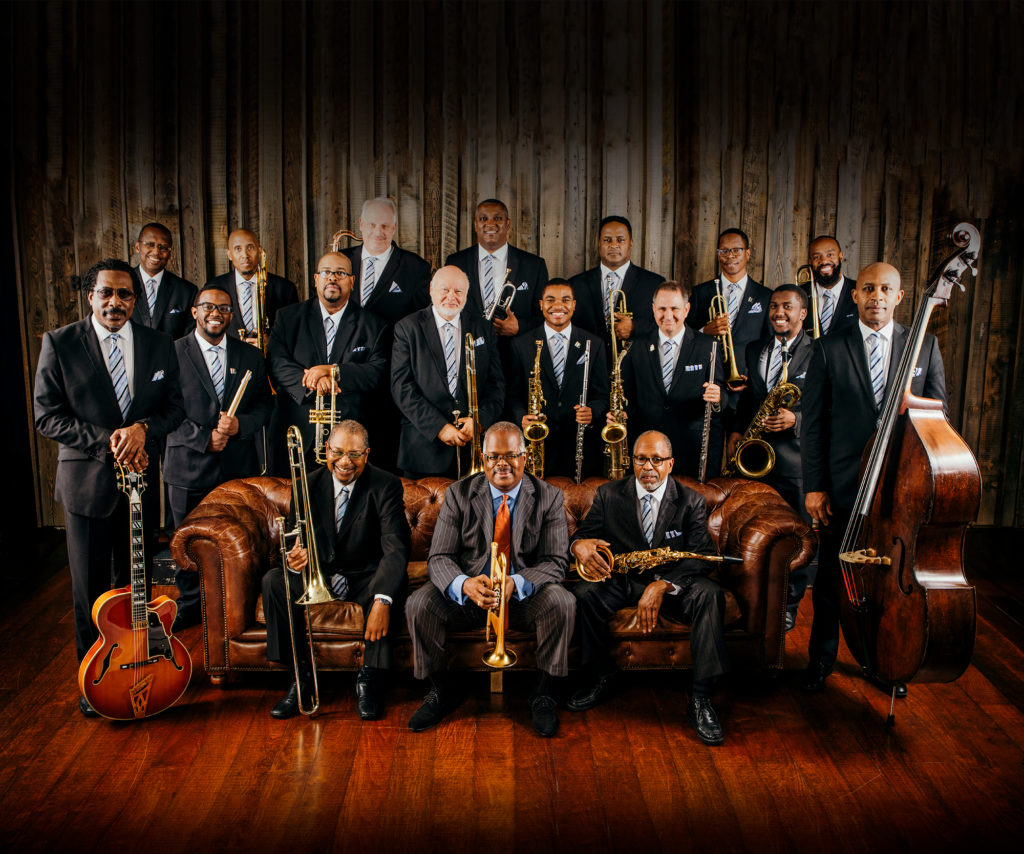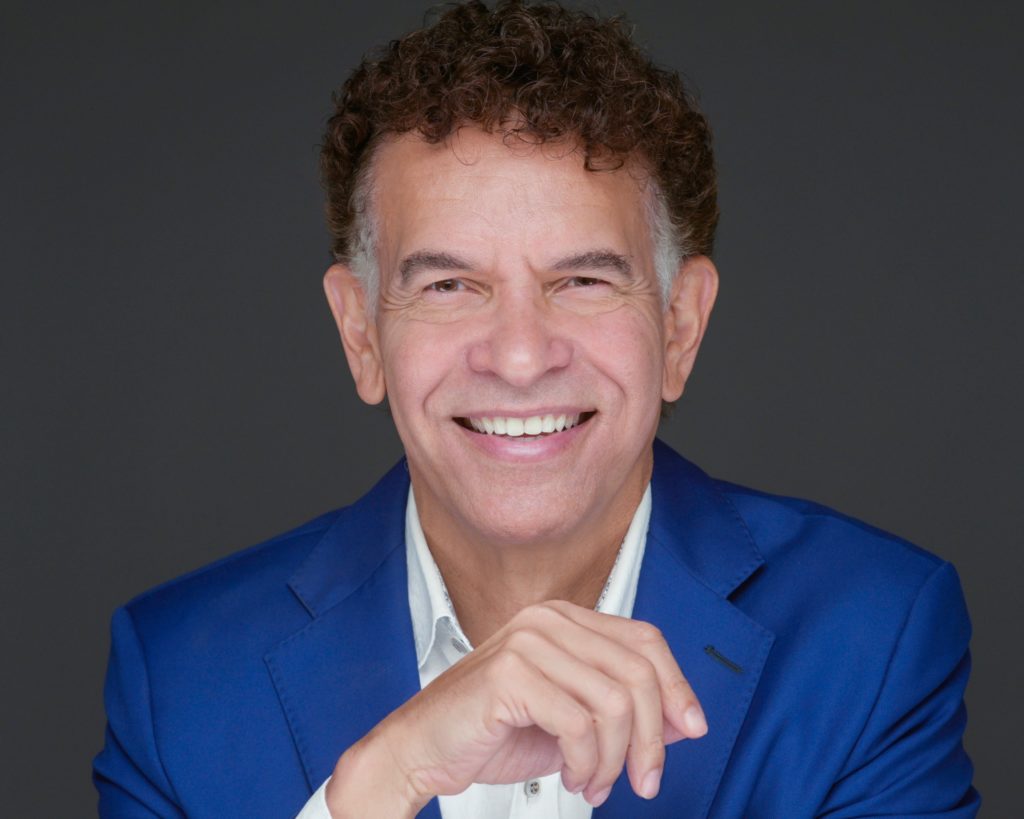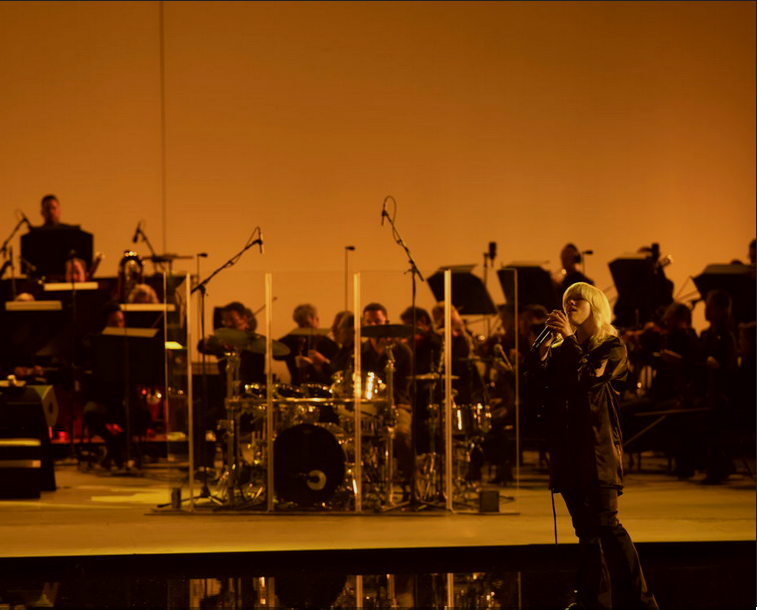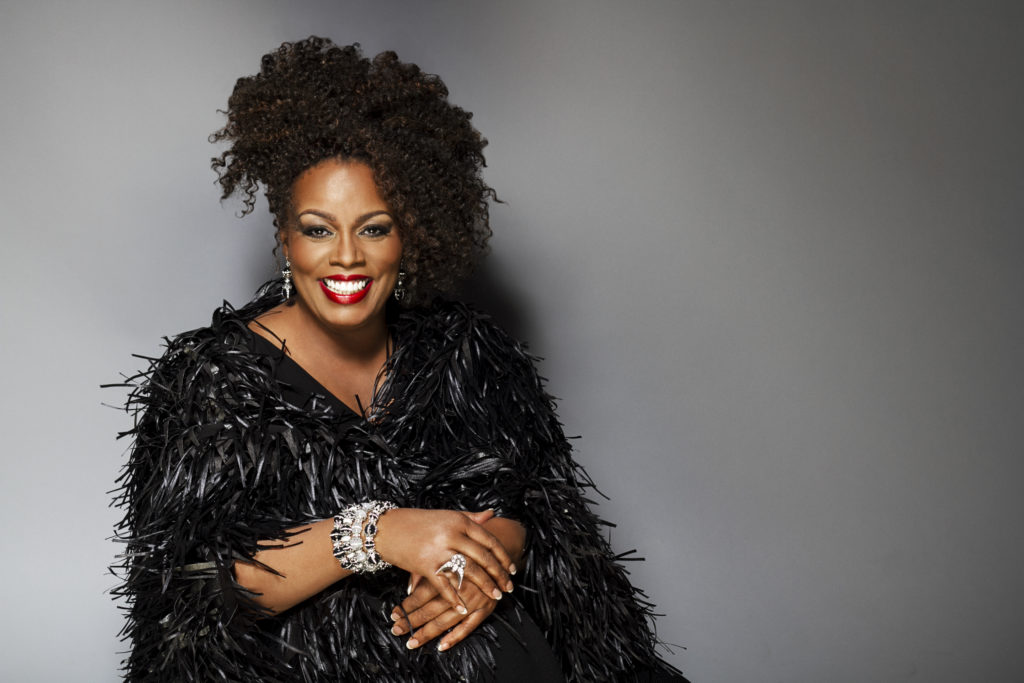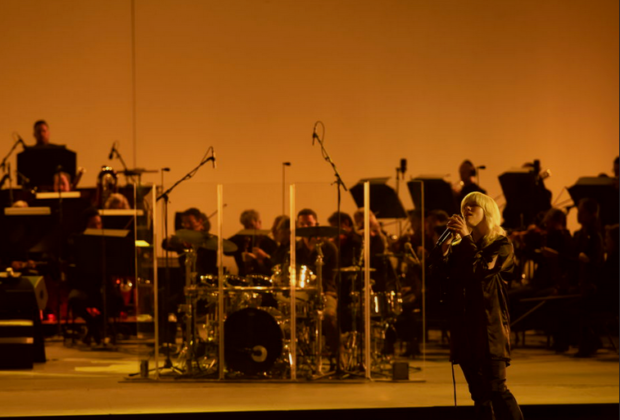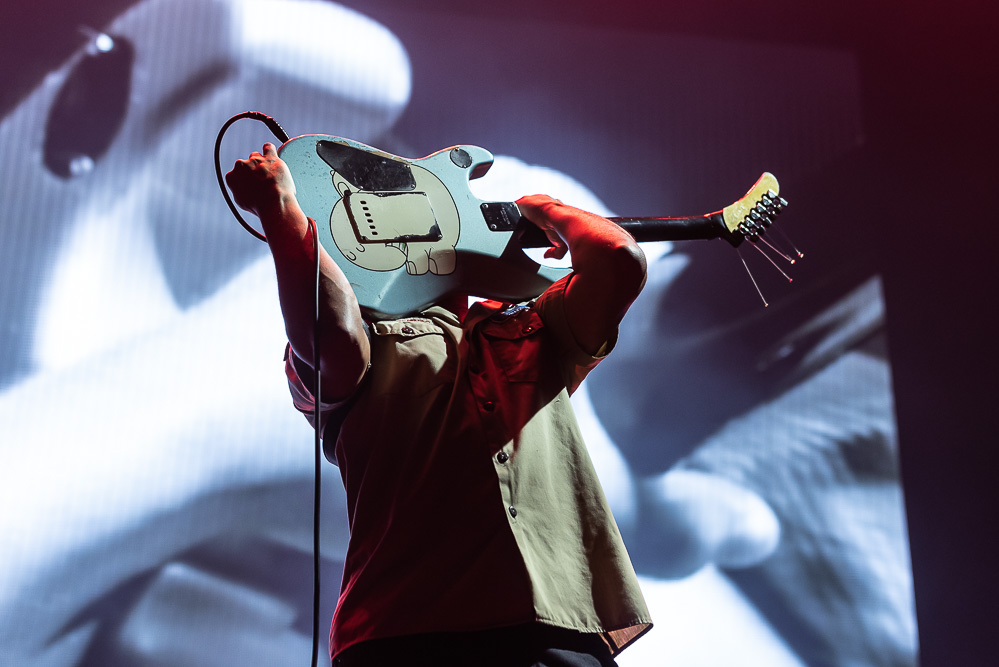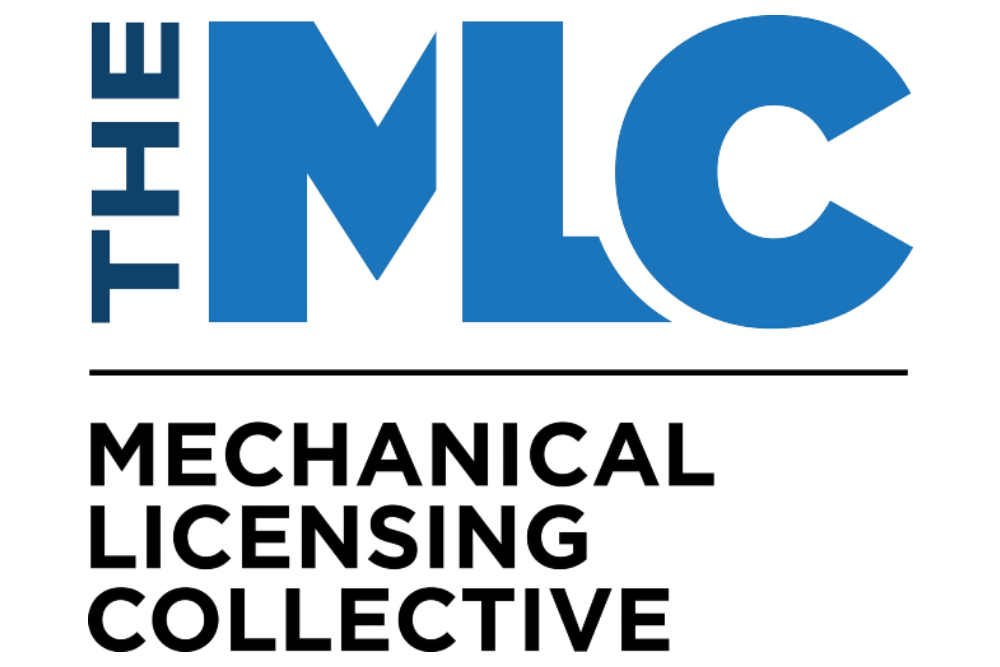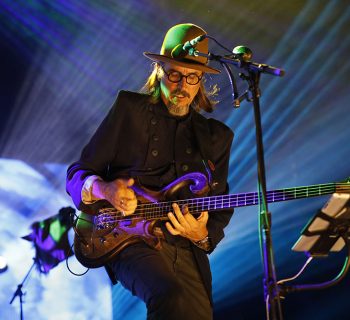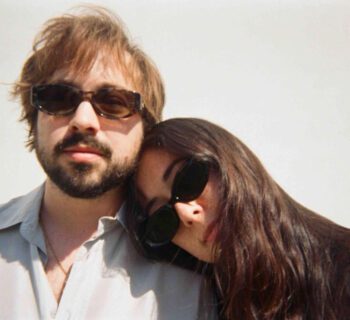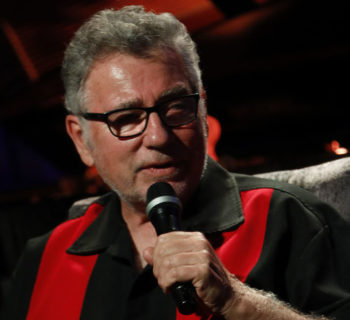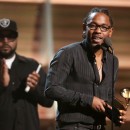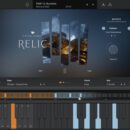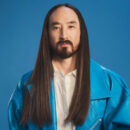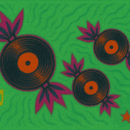A key takeaway from the Hollywood Bowl’s star-studded, foundationally jazzy but stylistically
eclectic Tribute to Peggy Lee and Frank Sinatra must be shared even before we discuss the
sweep of music history, the decades long mutual admiration society between the two and the one
classic album that brought their talents together in a unique way some 65 years ago.
Pop icon Billie Eilish, whose sly, playful and sensuous duet with upright bassist, host and event
Musical Director on Lee’s iconic “Fever” was the intimately intoxicating highlight of the busy
night, needs to do a standards album stat. Saved for the next to last numberof the night, it was as
if the previous two hours, with all their highs (The Count Basie Orchestra, pianist John Beasley,
Carmen Bradford, Dianne Reeves, Brian Stokes Mitchell, Seth MacFarlane) and lows were mere
prelude to Eilish’s intuitive, transcendent old soul approach to the legendary singer’s iconic
trademark.
Following that otherworldly magic with a dreamy spoken and sung duet with the equally sultry
and emotionally inviting Debbie Harry on Lee’s other best known song “Is That All There Is?”
was the perfect way to wrap the mostly compelling, often fascinating yet slightly uneven show
on a high note. In her heyday, Harry was every bit the innovative pop icon that Eilish is now, so
beyond simply their artful vocal deliveries, the tune had a whimsical, passing the torch vibe to it
– as if Lee’s song was the conduit bridging generations. One insightful person I encountered also
pointed out that having Eilish sing the song was a way for older fans (and maybe even those who
were listening when it was on the charts in 1969) to understand that young adults of Eilish’s
generation feel disappointed about a lot of things in life, too.
As for history, and as a means to explain why the pairing of tributes makes perfect thematic
sense, Sinatra and Lee – both of whom started out as big band singers - played their first concerts
at the Bowl almost exactly ten years apart, him in August 1943, her in September 1953. Their
close friendship began when they both played the Paramount Theatre in New York in 1941, and
their respective meteoric careers came together in 1957, when Lee resigned with Capitol Records
(after five years on Decca) and the two collaborated on The Man I Love, with her singing, him
conducting and Nelson Riddle doing the arrangements.
After showing a glimpse of their easy rapport via a black and white video clip on the large
screens, the Sinatra half of the night began with the Count Basie Orchestra gently swinging
through “Jealous Lover,” followed by one of the orchestra’s esteemed alumni, jazz singer
Carmen Bradford” inviting us into the deep, sweet emotions of “The Shadow of Your Smile.”
Then, after a Latin tinged orchestral romp through “South of the Border,” there were a lot of
interesting stylistic shifts and comings and goings. For all artists, one of the challenges in paying
homage to Sinatra is – do you do you do Frank like Frank or swing the classics in your own
style?
Considering the way the incomparable five time Grammy winning jazz stylist Dianne Reeves put
her own inventive dramatic stamps on her two solo numbers (“Stella By Starlight, “One For My Baby”) and the wild, scat filled romp with McBride on “September in the Rain,” Seth
Macfarlane’s very straightforward, low key hipster croon on “I Thought About You” and “In
The Wee Small Hours of the Morning” offered some nice, low stress balance.
The other featured singers offered some intense mood swings, with Gretchen Parlato’s sweetly
sensual but overly relaxed takes on two Sinatra-Jobim bossa nova collaborations followed by
Broadway legend Brian Stokes Mitchell putting vocal force and his powerful storytelling talents
and renowned baritone to work on “Luck Be A Lady” and “I’ve Got You Under My Skin.” The
Sinatra set closed on a lovely nostalgic note, with a short video clip of Frank and Peggy singing
The Gershwins’ “Nice Work If You Can Get It” leading into a cool, conversational duet between
Mitchell and Reeves that emphasized tenderness over sheer power.
Prior to the Eilish and “Fever,” the Peggy Lee set was mostly hit, a little miss, starting out super
strong with a lighthearted band version of “I Don’t Know Enough About You” (with an exquisite
piano melody by John Beasley) and Bradford emphatically reminding us that “It’s A Good Day”
before things got a little scattershot.
Each of the performers – blues legend Bettye LaVette, Reeves and Harry – did admirably on
their chosen pieces, but the comings and goings were unusual, with two LaVette songs (“Black
Coffee,” “Love Me Or Leave Me”) followed by two Harry tunes (“Why Don’t You Do Right,”
“I Get Ideas”) followed by Reeves’ “Blue Prelude,” followed by two more by LaVette (including
the playful, ultra-cheeky “He’s a Tramp”) and then another by Harry (“Let’s Love”). The overall
pre-Eilish performance would have been more effective had LaVette and Harry done longer sets,
punctuated by the Reeves number. All the walk-ons and walk-offs were time consuming and
broke the momentum.
All was redeemed when Ms. Eilish, dressed in a stylish black tux, took the stage and held court,
showing the veterans who preceded her how delicate subtlety, brilliant phrasing and spot on soul
can work a crowd into a frenzy.
Photographs taken by Dustin Downing at the Hollywood Bowl, provided courtesy of the Los Angeles Philharmonic Association.
